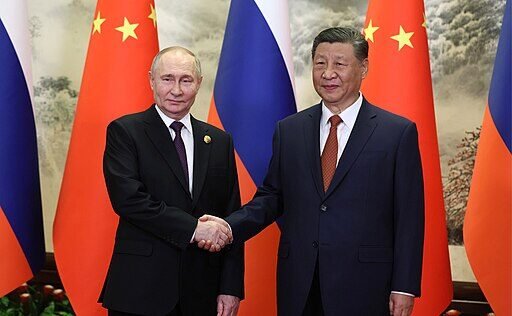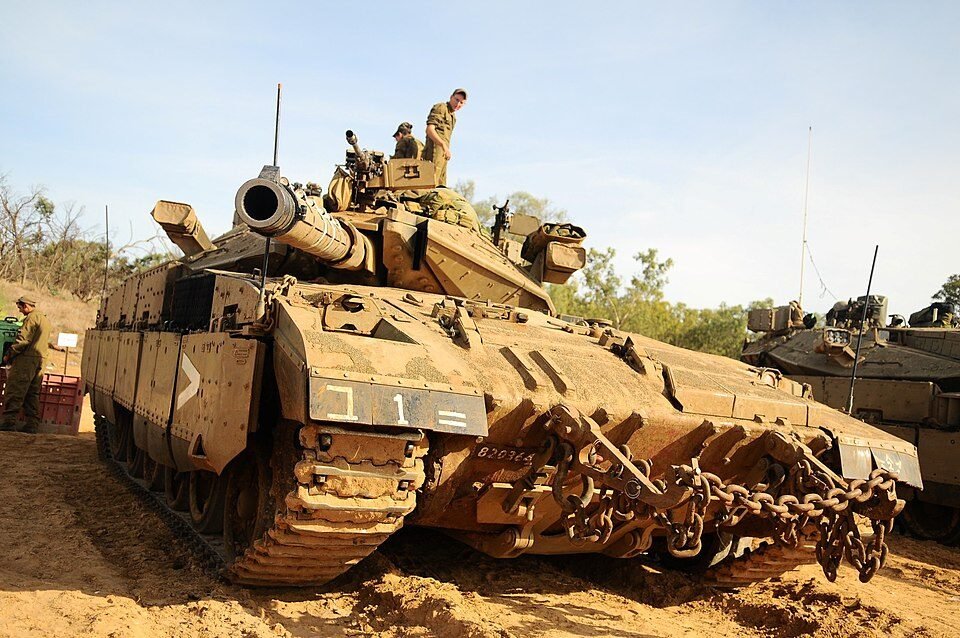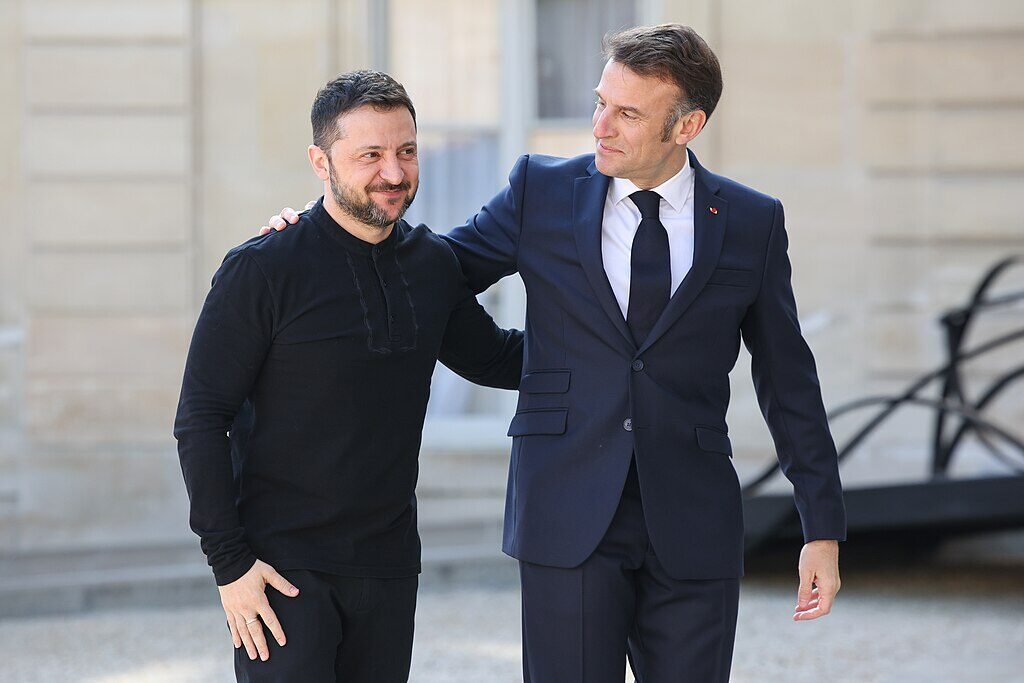Image courtesy: Kremlin.ru, CC BY 4.0, via Wikimedia Commons
Xi Jinping and Vladimir Putin Solidify Stance, Signifying a Redrawn Global Blueprint
The recent convergence of prominent Eurasian leaders, notably China’s President Xi Jinping and Russia’s President Vladimir Putin, offered a spectacle rich geopolitical significance. Far from a mere diplomatic gathering, it felt like a deliberate, synchronized act, broadcasting a deepening alliance and an unwavering commitment to sculpting an independent regional destiny on the world stage. An undeniable sense of purpose permeated the atmosphere.
President Xi, speaking with the measured gravitas that has become his hallmark, articulated a vision stretching well beyond immediate economic concerns. He passionately outlined a “community of shared future,” detailing an ambitious web of infrastructure projects and trade routes designed not just to connect, but to truly integrate the continent’s diverse economies. His message was clear: a unified, self-reliant Eurasia, capable of dictating its own terms, was firmly on the horizon.
Positioned alongside, President Putin echoed this sentiment, emphasizing the critical need for a collective approach to security and a reimagined multilateralism. His discourse underscored the strategic imperative for these nations to assert their sovereign interests and meticulously cultivate regional stability, deliberately shielded from external pressures. The visible, if subtle, rapport between the two leaders wasn’t simply ceremonial; it powerfully reinforced a message of mutual fortitude and a shared resolve for this unfolding global paradigm.
Beyond the public pronouncements, the summit’s closed-door sessions delved into the minutiae of practical collaboration. Discussions explored not just existing trade arteries but also nascent opportunities within cutting-edge technology and sustainable energy sectors. A palpable, shared determination emerged among the delegates: to construct resilient, adaptive economic architectures that would inherently prioritize the sustained prosperity and strategic autonomy of their collective region. In essence, this assembly served as a potent, carefully worded declaration of these Eurasian powers’ collective intent to fundamentally recast their influential presence within an increasingly intricate international arena.






